The Worm at the Core
A new book explains why we humans are so screwed up, and why we take it out on our fellow animals.
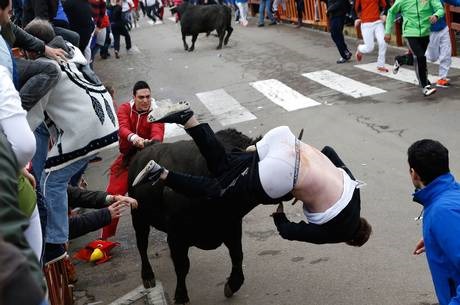 End These Religious Festivals Now!
End These Religious Festivals Now!
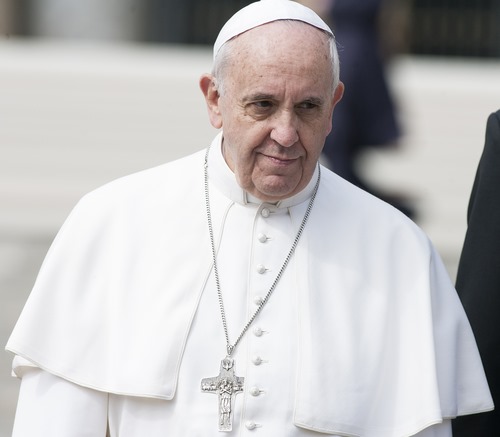 Pope Francis and Mother Earth
Pope Francis and Mother Earth
 Sacred Activism in the Service of Animals
Sacred Activism in the Service of Animals
 An Emerging Consciousness
An Emerging Consciousness
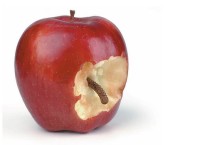
A new book explains why we humans are so screwed up, and why we take it out on our fellow animals.

The recognition is finally dawning that Planet Earth is in deep trouble. In terms of the five stages of coping with one’s impending demise, we seem to be moving, as a society, from Stage One: Denial, to Stage Two: Anger.
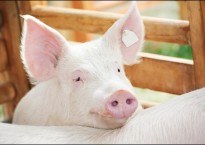
Last week, I happened upon the much-acclaimed TV series from the U.K. Dark Mirror – a kind of Twilight Zone for the 21st Century. In the…
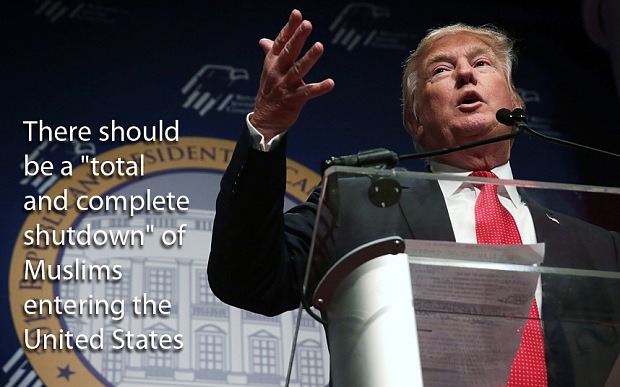
Along with panicky denunciations from the shocked-horrified-and-appalled Republican establishment, there was much cheering and applause from Donald Trump’s zombie supporters when he called for “a total…

In his new book Don’t Even Think About It: Why Our Brains Are Wired to Ignore Climate Change, George Marshall tells the story of what happened…
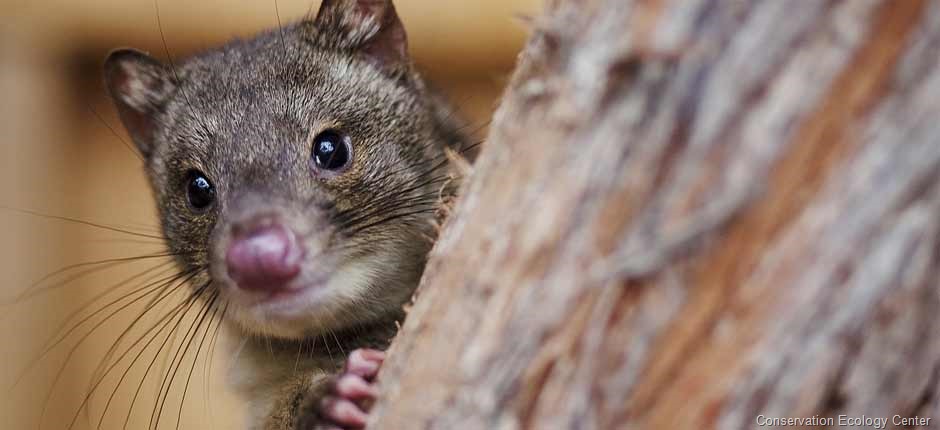
Everybody loves a hero. And we all would like to be heroes. Heroism is something we humans strive for. Other kinds of animals behave heroically, too,…

A former soldier who served in Iraq, comes home to a nation in denial, droughts and floods, mass migrations, and an epidemic of anxiety and depression.

It’s hard to drum up a lot of sympathy for people like 20-year-old Benjamin Miller, who required three hours of surgery last February after being gored…

Those who say that the Pope shouldn’t get involved in the issue of what’s happening to Planet Earth and all its inhabitants are either very stupid…
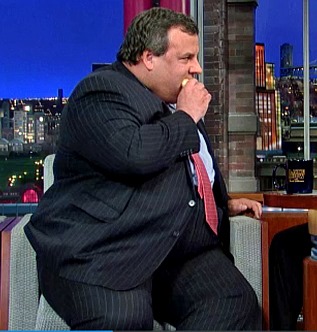
Remember last November when Gov. Chris Christie vetoed a bill that would ban the use of gestation crates for mother pigs at factory farms in New…

Last week, when zoo officials in Japan named a baby monkey Charlotte in honor of the newborn British princess, they set off a storm of protest.…
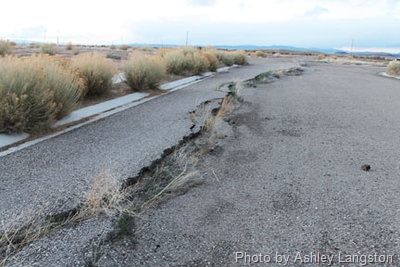
The road to a planned development that’s been scrapped because the water table is drying up and creating sinkholes. Here in the beautiful red rock country…

Part Six in the series “I Am Not an Animal.” In previous posts, we looked at how our anxiety over our mortal, animal nature drives us to distance ourselves, psychologically and literally, from our fellow animals; at how ancient mythologies told of a “fall” from a time when we were in harmony with the other animals; and at how our belief in “human exceptionalism” has led us to treat them.
Now we ask: Where do we go from here, and is there any way out of our situation?
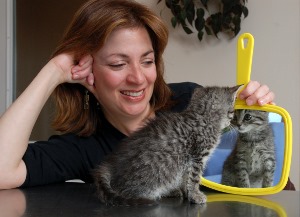
 (Fifth in a series about how and why our relationship to our fellow animals has deteriorated to the point of an unfolding mass extinction.)
(Fifth in a series about how and why our relationship to our fellow animals has deteriorated to the point of an unfolding mass extinction.)
By Dr. Lori Marino
However much we like to think of ourselves as different from and superior to the other animals, we can’t escape the fact that we are, just like them, mortal, physical creatures, equally subject to the laws of nature.
The existential terror that’s caused by this ever-present knowledge has been studied at length by psychologists in the field of Terror Management Theory (TMT).

In this second part of our interview with Andrew Harvey, he talks about how you can discover your own true mission and about what can happen…

It’s unusual to find someone who combines a deep, mystical love of the Divine with a stark realism about how we humans are bringing on a…
In the first part of our interview with Stephen Cave, he talked about how, once we decide that we are fundamentally different in kind from the…
In previous posts we’ve talked about how our relationship to our fellow animals and the way we treat them is driven by our anxiety over the fact that we’re animals, too, and our denial of our own animal nature.
In his book Immortality: The Quest to Live Forever and How it Drives Civilization, Stephen Cave discusses the chief ways in which we persuade ourselves that we’re not really animals, that we can avoid death altogether, or at least that some part of us will live on in some way after we’re dead. Here’s the trailer to the book:
In the first of two posts, Cave explains how, once we decide that we are fundamentally different in kind from other animals, we can then view them as having a lower moral status. And that, in turn, opens up "a whole world of possibilities for how we treat them."
Starting around 9,000 years ago, the agricultural era brought about the large-scale domestication of animals and a fundamental shift in our relationship to them. Less and less beings of great mystery and power, they were becoming, instead, commodities.
(Fourth in a series about how and why our relationship to our fellow animals has deteriorated to the point of an unfolding mass extinction.)
How and when did we humans decide we didn’t want to think of ourselves as animals any longer? How did we go from thinking of the other animals as essentially our equals to treating them as commodities that exist to be mined from the oceans by huge factory ships and manufactured from birth to death on factory farms?
It’s obviously a long and complex story, but we can get an idea of how it took place over thousands of years in various parts of the world.
(Third in a series about how and why our relationship to our fellow animals has deteriorated to the point of an unfolding mass extinction.)